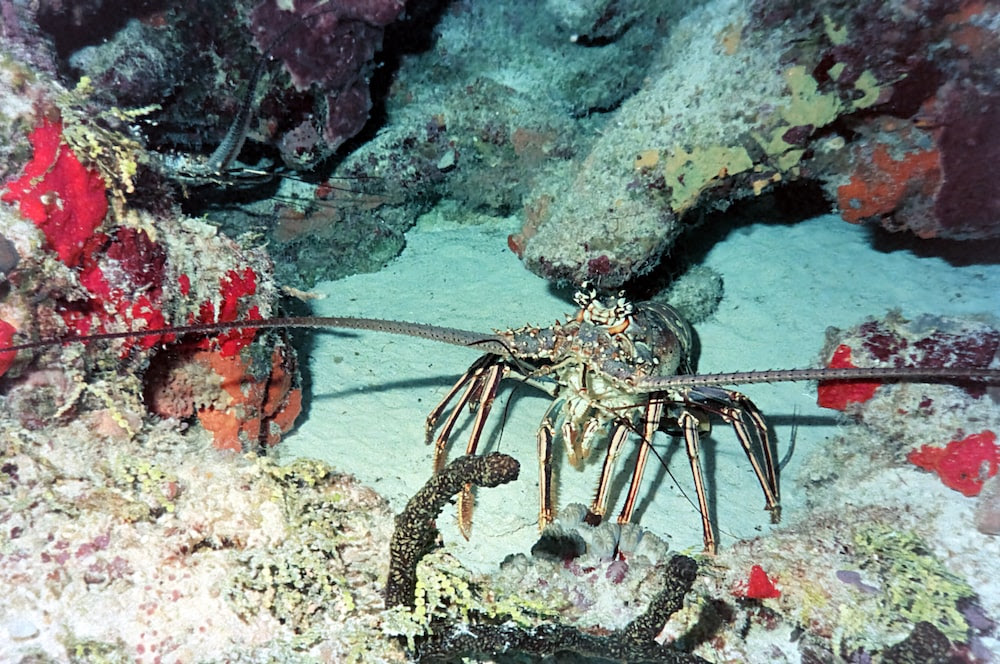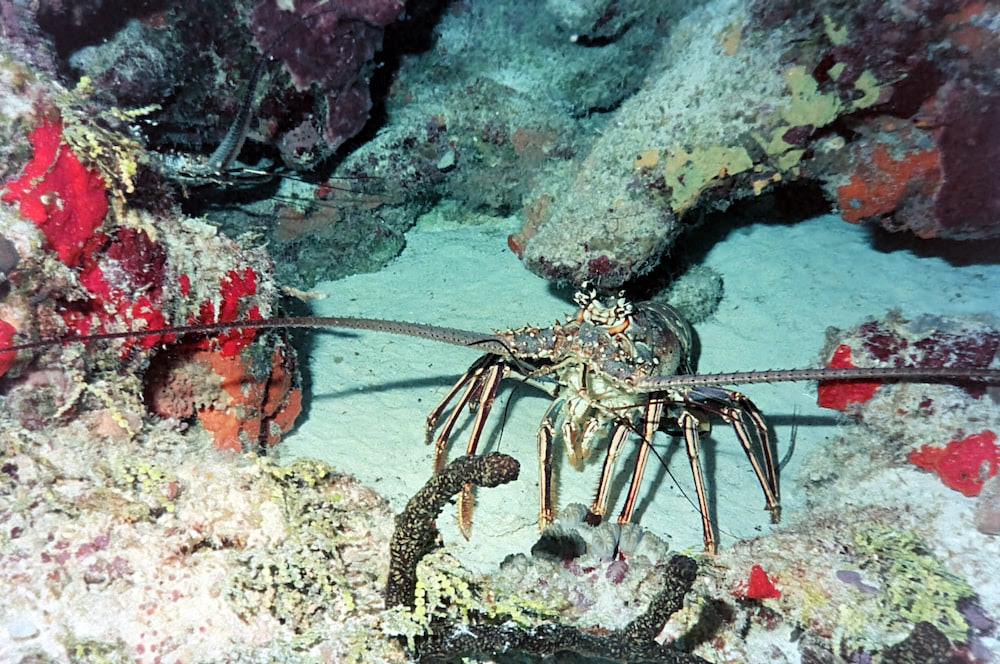
Shaken by artificial eddies in large white plastic tanks, the tiny lobsters are safe from predators. In a few weeks, they will leave the small shed of the English port of Whitby for the open sea, as part of a project to preserve the resource.

Whitby Harbour
The site is in the North-East of England, Whitby is the third European port for lobster fishing. One hundred thousand of these shellfish are landed there each year and the sector provides a living for 150 local people. Joe Redfern, who runs the Whitby Lobster Hatchery, hopes to eventually release as many each year.
“We want the marine environment to be protected and the lobster populations to be preserved for the future,” says the 31-year-old biology graduate, who has been a fisherman himself.
The port of Whitby used to be a Mecca for white fish. But everything collapsed, mainly due to overfishing, but also due to global warming.
Thirty years ago, there were about 30 big fishing boats in Whitby,” says Joe Redfern. But by 2005, “there was only one left.”

The fleet of boats had to follow the fish and move to the Scottish ports of Peterhead and Aberdeen, further north, says Jonathan Parkin, a 43-year-old fisherman.
The traps are stored on the quays of the port, dominated on the heights by the town’s abbey, a Benedictine monastery that inspired the Irishman Bram Stoker, author of Dracula, in the late 19th century.
The fishermen’s union said there was mass mortality of shellfish in 2021 and 2022, the origin of which is not identified, but which, according to an official report, could have been caused by a new pathogen present in the seawater.




